Carved Out
Kate Roberts reflects on the process of processing loss through linocuts.
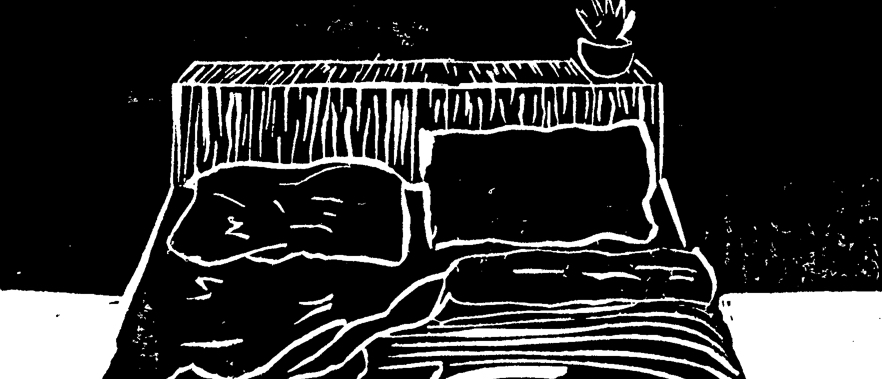
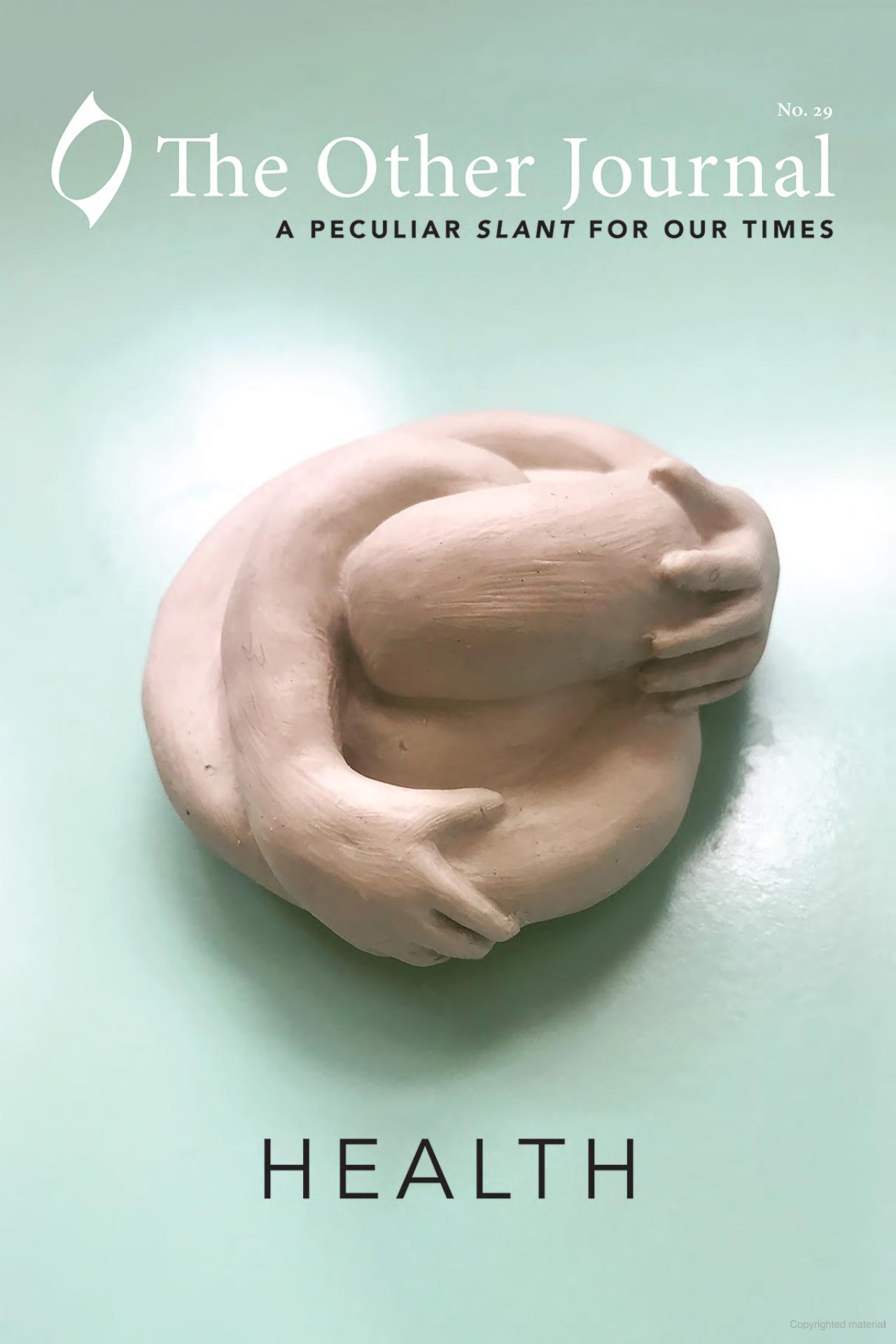
In speaking of health care, one might point to the wonders of modern medicine and the many lives saved through the compassionate application of medical and technological advances, yet this phrase also conjures fear, ire, and confusion. It brings to mind endless battles with insurance companies or hospitals, bankruptcy, malpractice, “death panels,” and racial and economic disparities in health outcomes. People die every day from a lack of access to health care in the world’s richest country, and we hear whispers of staggering profits for players in the medical-industrial complex—Big Pharma, insurance, and medical device makers. Vast inequalities give rise to black markets for organs and newly emerging health-care destinations. And we are in something like the fiftieth permutation of the closed-door attempts by legislators to repeal and replace the Affordable Care Act. As these high-stakes failures stack up, it appears that the executive branch’s new tactic is to destroy the current system by starving it of funds and support. The only constants seem to be insecurity and dialogical stalemate.
From an abstract perspective, the health-care debate represents an irresolvable ideological fight between those who champion personal responsibility and those champion government responsibility. But at its core, this is a discussion of care: What does it mean to care for our bodies? How does a society care for the sick and those in need, and what does it mean to offer access to reasonable care? How does one die well? And how does our theological heritage help us frame and wrestle with these questions?
In this issue of The Other Journal, we take up these questions. The essays, creative writing pieces, artwork, and reviews of this issue will engage this complex and timely conversation with the hope of helping us as people of faith and people of God to think and act in a manner that aims toward justice and the well-being of all.
— TOJ editors with special thanks to M. Therese Lysaught
Kate Roberts reflects on the process of processing loss through linocuts.

Mark C. Watney reflects on his father’s struggle with Alzheimer’s disease in the broader context of our own ubiquitous spiritual dementia.
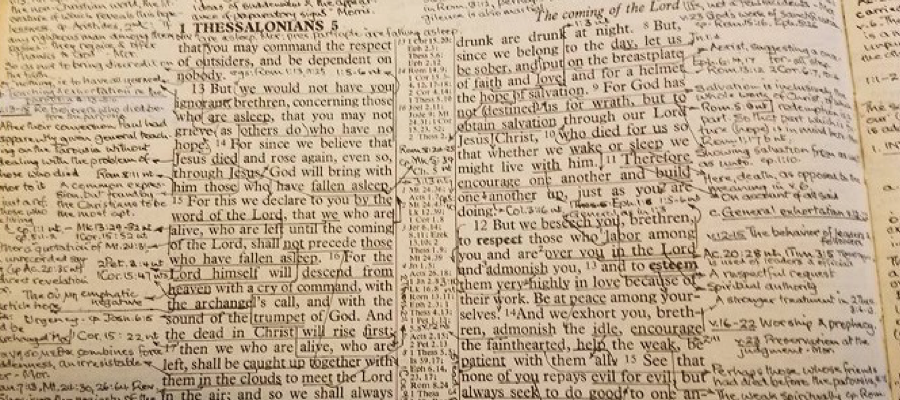
I knew nothing of how doctors think about and practice medicine when not long ago I found myself obtaining employment as a patient advocate at Mount Sinai Health System’s Head and Neck Institute in New York City. That I, a recent graduate with a master’s degree in theology, would have much to learn about the […]
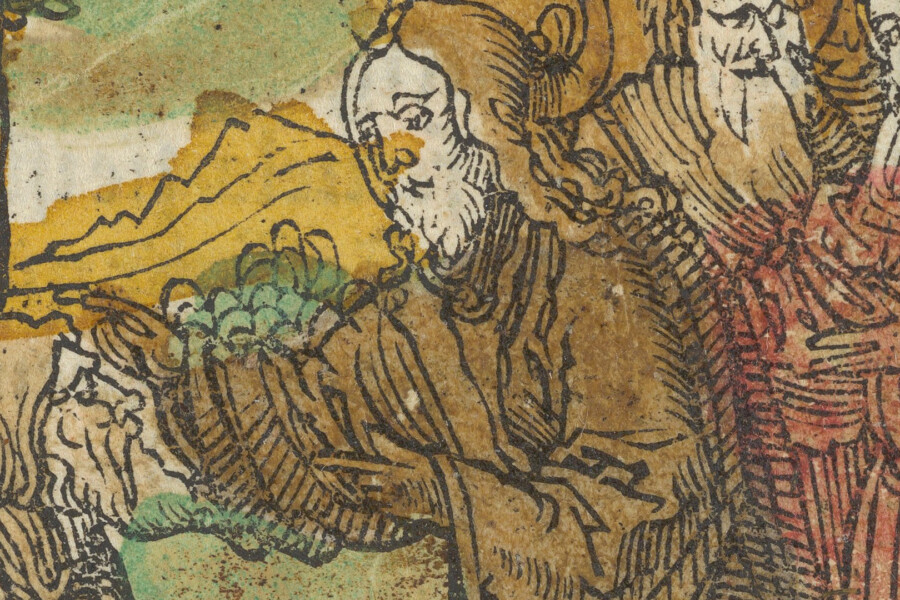
Susan Carlson writes about death and beauty.
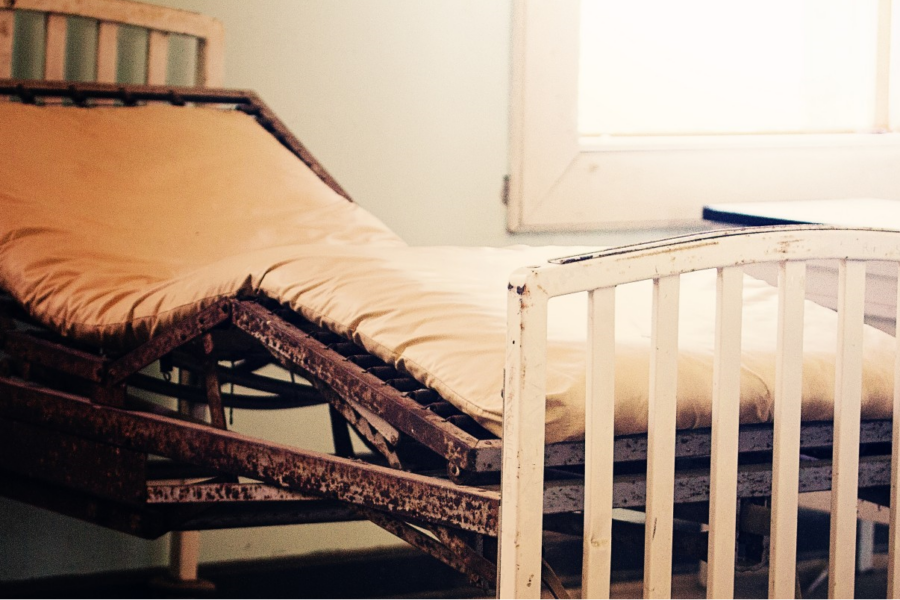
Lauren Frances Evans contemplates the significance of the placenta and the creative act, examining her role as artist, mother, and person of faith.
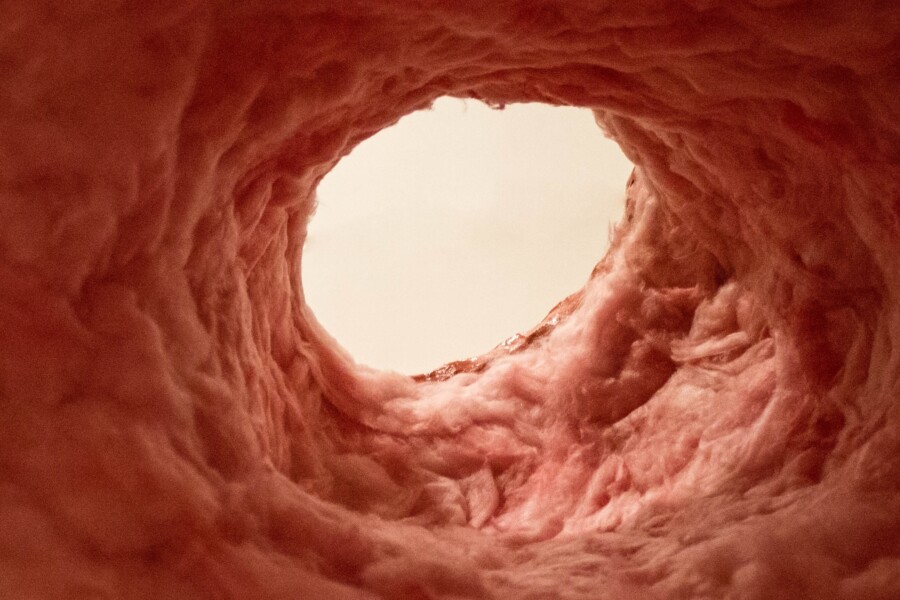
Jennifer Lamson-Scribner argues that Christians are called to offer more than twelve-step programs to confront addiction.
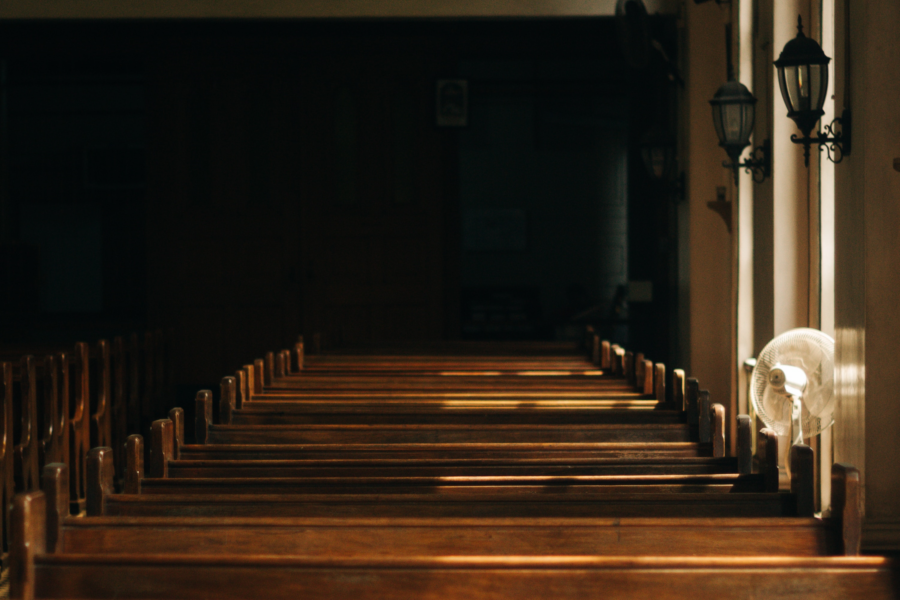
Rae Jean Proeschold-Bell and Jason Byassee write that when work is holy, we should expect ups and down.

Jonathan Tran asks whether humans are robots.

Daniel Rempel embraces a calling as a disability support worker to simply be with persons with disabilities and show them that they are loved by God.
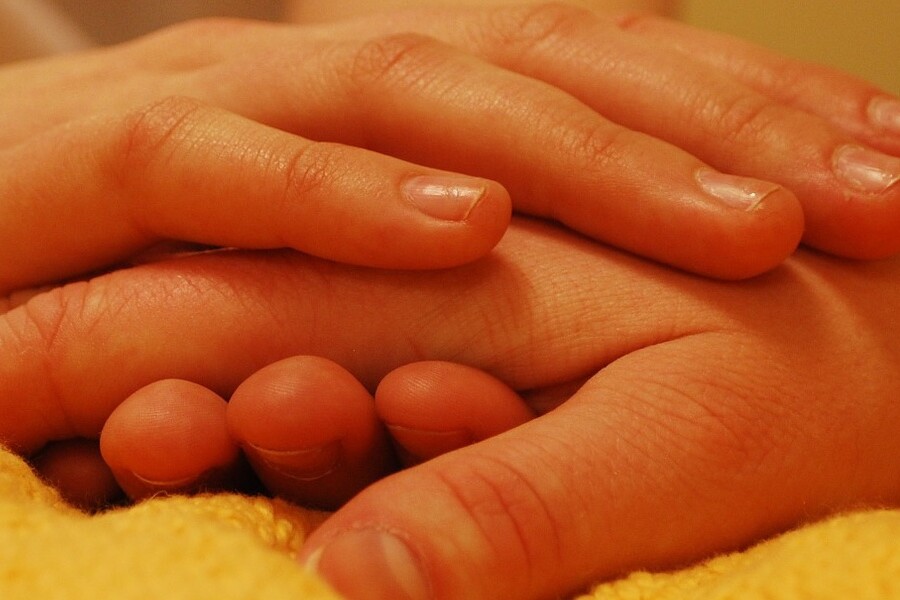
Jonathan Hiskes writes that we cannot control the tender moments of a child’s first year—we can only bear witness.

Rita Willet tells the story of Guy and his unconventional journey to baptism.

Rita Willett remembers the old Saint Louis City Hospital and realizes that some things really haven’t changed.
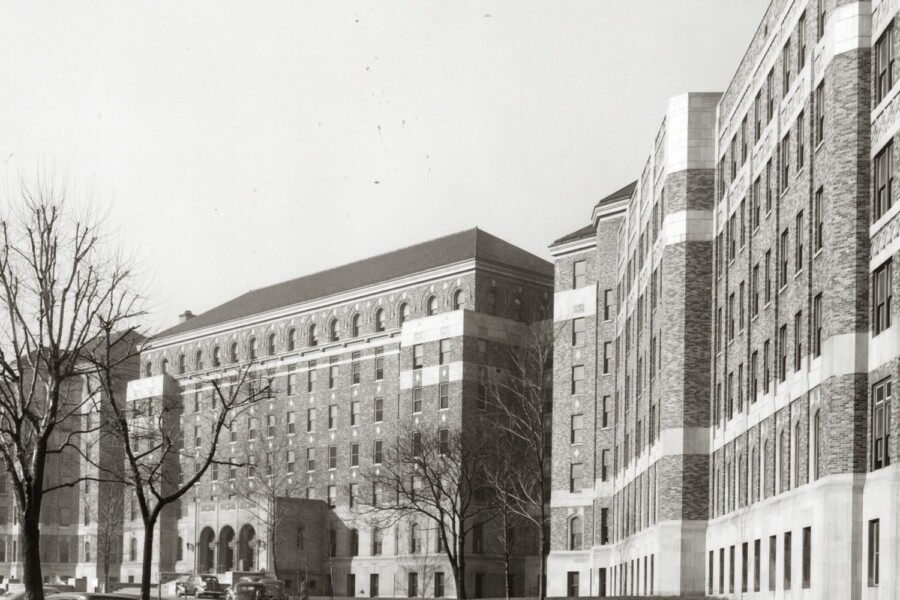
Jason Byassee reviews Kate Bowler’s Everything Happens for a Reason, a book he says takes on evil from the inside—and laughs.
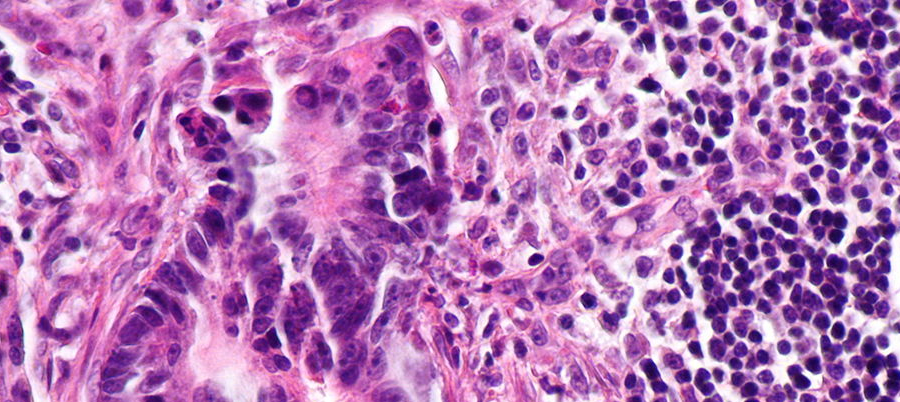
Elizabeth Felicetti describes distractions that interfere with reverent prayer while prostrate on Good Friday.
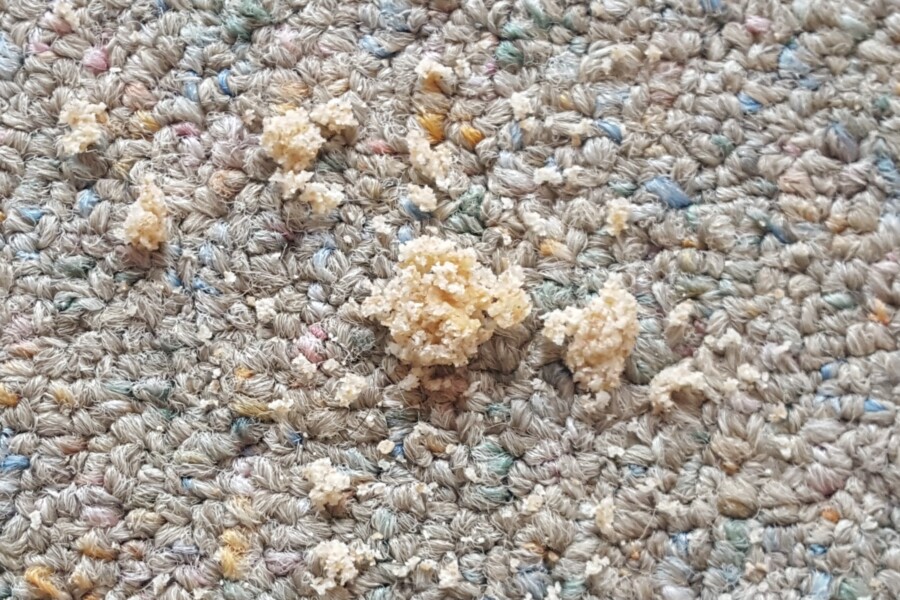
Lucy Bryan turns to science to help her understand her abiding religious uncertainty.

Poet Judith Montgomery offers a meditation on the painful repetition of caring for an ill spouse.
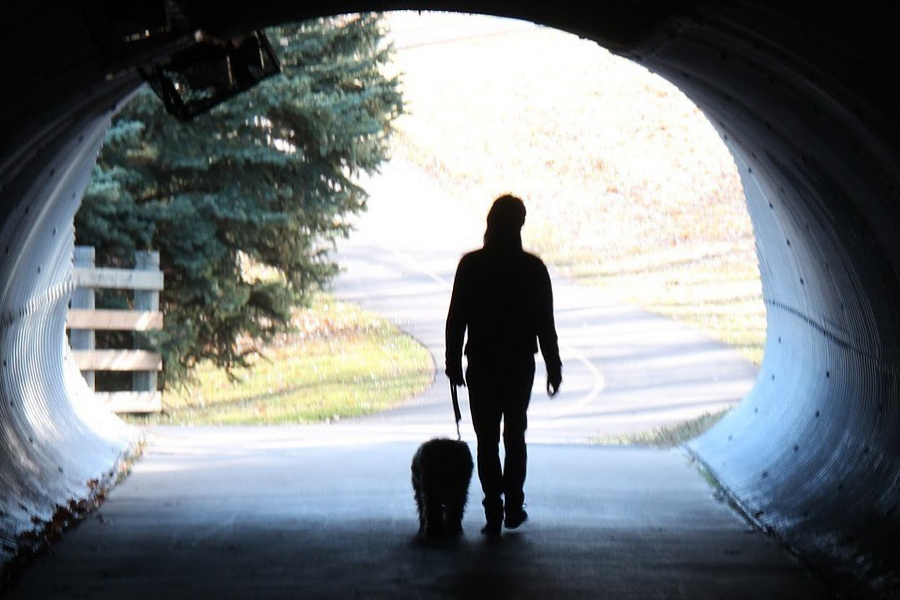
Michael Dean Clark explores the mistakes we make and opportunities we miss when we save our eulogies for the memorial service.

In this sonnet, David Southward offers a modern take on exorcism.

Rachel Jones has to choose between her children as she examines the realities of raising children in challenging places.
